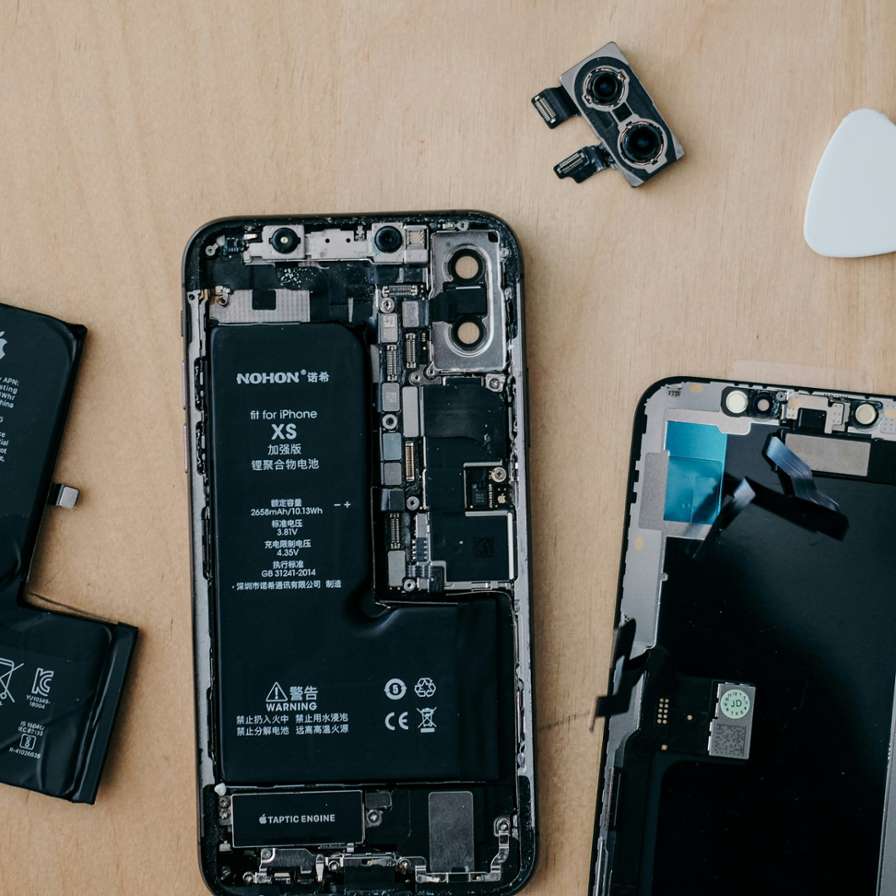Tackling Fixophobia: repairing electronics instead of replacing them

Why do we throw away broken devices while they are still repairable? In Tackling Fixophobia, the Amsterdam University of Applied Sciences (AUAS) works with partners on solutions that make repairing electronics more attractive and easier. In doing so, they are helping to create more sustainable consumer behavior and a circular economy.
Moving toward a 'repair economy'
Broken smartphones, coffee machines and headphones are often replaced instead of repaired. This is a shame, because the production of new devices costs a lot of raw materials and leads to high CO2 emissions. Moreover, the premature disposal of all these devices creates additional electronic waste.
Repair would be much more sustainable, but still hardly ever happens. This is due not only to the design of devices, but also to marketing, revenue models, legislation and behavior. Fixophobia is what we call it: the reluctance of both consumers and companies to opt for repair. This project aims to change that, by developing solutions that enable the transition to a "repair economy.
Methodology
Researchers and companies from across the chain - from manufacturers to repairers, legislators and consumer organizations - are working together. They are mapping what keeps parties in the chain from having broken appliances repaired more often instead of thrown away. And they are developing, among other things:
- new ways to make repair attractive to consumers
- product designs that invite repair
- circular revenue models for companies
- policy advice for better laws and regulations
These solutions are tested in practice and incorporated into tools and guidelines for the field. In particular, the AUAS focuses on developing design tools for businesses and translates the outcomes to education, businesses and society.
Education
Students also participate in the Tackling Fixophobia project. For example, they help test design ideas and develop new repair solutions for companies. In addition, the AUAS is developing teaching modules on repair for higher education.
Team
Partners and funding
The project is co-funded by NWO, based on the KIC call Circular Economy. It is a collaboration between:
- 5 knowledge institutes: TU Delft (pin leader), Wageningen University, Maastricht University, Erasmus University and AUAS
- 16 companies and organizations active in electronics: ATAG, Bang & Olufsen, Fairphone, Philips Consumer Lifestyle, Stichting OPEN, APPLiA Nederland, Techniek Nederland, the Acceleration House NL Circular!, Bol, KPN, Accenture, Partners for Innovation, Stichting Repair Café International, iFixit US, Consumentenbond and NVRD
- The Ministry of Economic Affairs and Climate Change, Rijkswaterstaat, Authority Consumer and Market and Het Groene Brein
Circular Design and Business research group
The projects on repurpose are part of the Circular Design and Business research group. The group is investigating new ways of designing, producing products and doing business, so that urban residual streams can be converted into valuable applications. In doing so, they contribute to the transition to a circular economy.